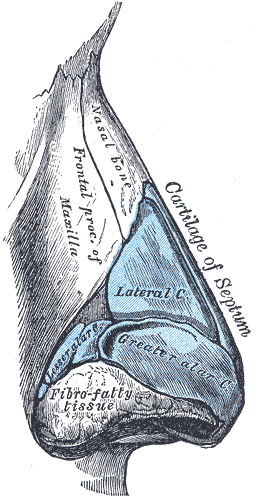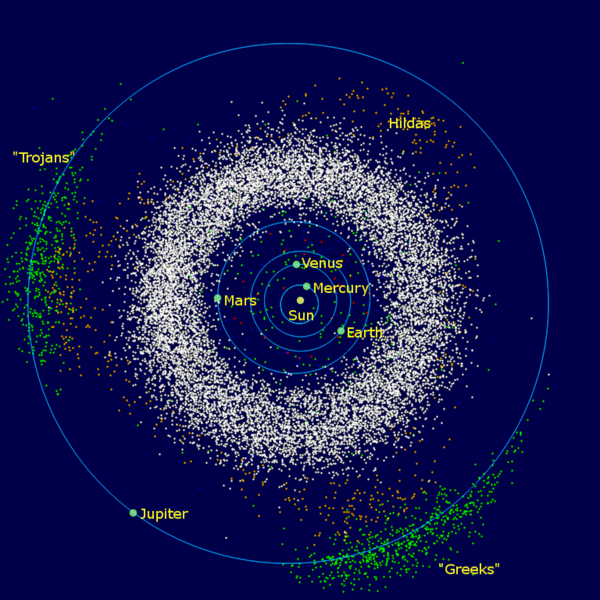Let's learn the other parts of the facial skeleton!
We've already learned about the mandible and the maxilla.
Next up is the nasal bone which is what we call the bridge of your nose.

(from: wikipedia - nasal bone)
Fun facts about Big Cities, Sleep, Starfish, Flags, Hindi, Bible Stories, Van Gogh and more!





